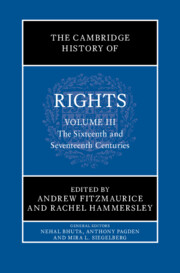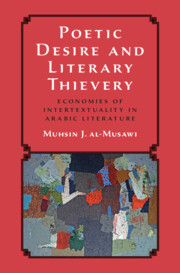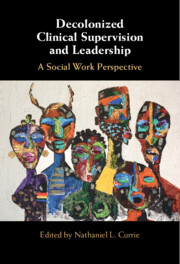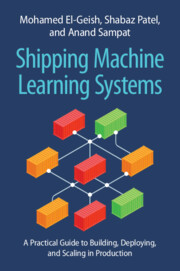Refine search
Actions for selected content:
3414016 results

The Cambridge History of Rights
- Coming soon
-
- Expected online publication date:
- January 2026
- Print publication:
- 19 January 2026
-
- Book
- Export citation

The Big Picture as an Approach to the Study of International Relations
- Thinking With and Beyond Barry Buzan
- Coming soon
-
- Expected online publication date:
- January 2026
- Print publication:
- 31 May 2026
-
- Book
- Export citation

Poetic Desire and Literary Thievery
- Economies of Intertextuality in Arabic Literature
- Coming soon
-
- Expected online publication date:
- January 2026
- Print publication:
- 19 February 2026
-
- Book
- Export citation

John Dewey's Human Nature and Conduct
- A Centennial Handbook
- Coming soon
-
- Expected online publication date:
- January 2026
- Print publication:
- 19 February 2026
-
- Book
- Export citation

Hegel's Inversion of Philosophy
- The Metaphysics of the Made
- Coming soon
-
- Expected online publication date:
- January 2026
- Print publication:
- 28 February 2026
-
- Book
- Export citation

Leaving Guantanamo
- How One Country Brought its Men Home from the Forever Prison
- Coming soon
-
- Expected online publication date:
- January 2026
- Print publication:
- 12 February 2026
-
- Book
- Export citation

Colonial Caregivers
- Ayahs and the Gendered History of Race and Caste in British India
- Coming soon
-
- Expected online publication date:
- January 2026
- Print publication:
- 30 October 2025
-
- Book
- Export citation

The Commander's Eyes and Ears
- Australian Army Combat Intelligence in the Cold War, 1945–1975
- Coming soon
-
- Expected online publication date:
- January 2026
- Print publication:
- 28 February 2026
-
- Book
- Export citation

Classical and Quantum Information Theory
- Uncertainty, Information, and Correlation
- Coming soon
-
- Expected online publication date:
- January 2026
- Print publication:
- 19 February 2026
-
- Textbook
- Export citation

Why the Rush?
- An Institutional Economic Analysis of Homesteading and the Settlement of the West
- Coming soon
-
- Expected online publication date:
- January 2026
- Print publication:
- 19 February 2026
-
- Book
- Export citation

Probing the Consistency of Quantum Field Theory I
- From Nonconvergence to Haag's Theorem (1949–1954)
- Coming soon
-
- Expected online publication date:
- January 2026
- Print publication:
- 28 February 2026
-
- Element
- Export citation

Fundamentals of Biological Psychology
- A Critical Perspective
- Coming soon
-
- Expected online publication date:
- January 2026
- Print publication:
- 19 February 2026
-
- Textbook
- Export citation

The Cambridge Introduction to the Old Testament
- Coming soon
-
- Expected online publication date:
- January 2026
- Print publication:
- 19 February 2026
-
- Textbook
- Export citation

Computable Structure Theory
- Beyond the Arithmetic
- Coming soon
-
- Expected online publication date:
- January 2026
- Print publication:
- 19 February 2026
-
- Book
- Export citation

High-Dimensional Probability
- An Introduction with Applications in Data Science
- Coming soon
-
- Expected online publication date:
- January 2026
- Print publication:
- 19 February 2026
-
- Book
- Export citation

Decolonized Clinical Supervision and Leadership
- A Social Work Perspective
- Coming soon
-
- Expected online publication date:
- January 2026
- Print publication:
- 19 February 2026
-
- Book
- Export citation

Doxxing Discourse
- Coming soon
-
- Expected online publication date:
- January 2026
- Print publication:
- 28 February 2026
-
- Element
- Export citation

Shipping Machine Learning Systems
- A Practical Guide to Building, Deploying, and Scaling in Production
- Coming soon
-
- Expected online publication date:
- January 2026
- Print publication:
- 19 February 2026
-
- Book
- Export citation

Transition Imaginaries
- Contested Temporalities, Affective Politics, and Decolonial Technology
- Coming soon
-
- Expected online publication date:
- January 2026
- Print publication:
- 28 February 2026
-
- Element
- Export citation

Critical Realism in Applied Linguistics
- Coming soon
-
- Expected online publication date:
- January 2026
- Print publication:
- 19 February 2026
-
- Book
- Export citation
